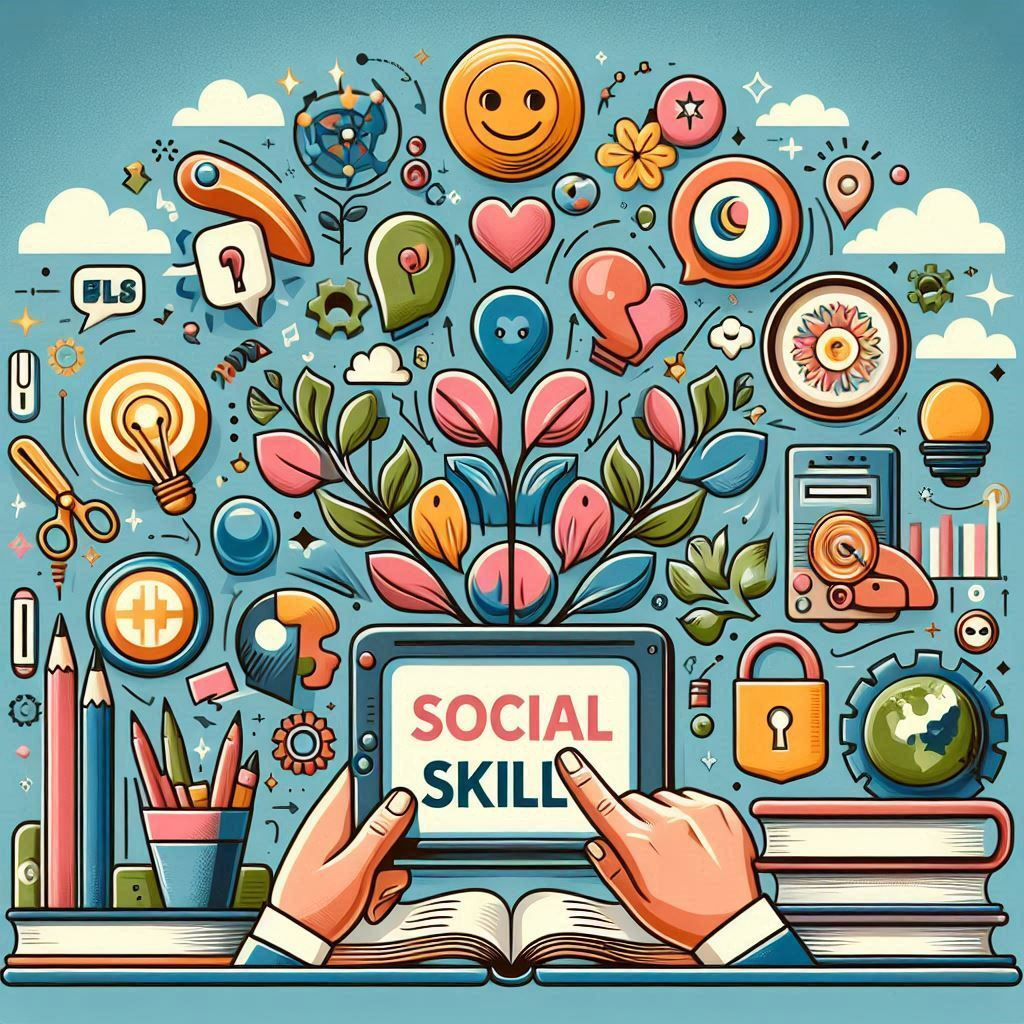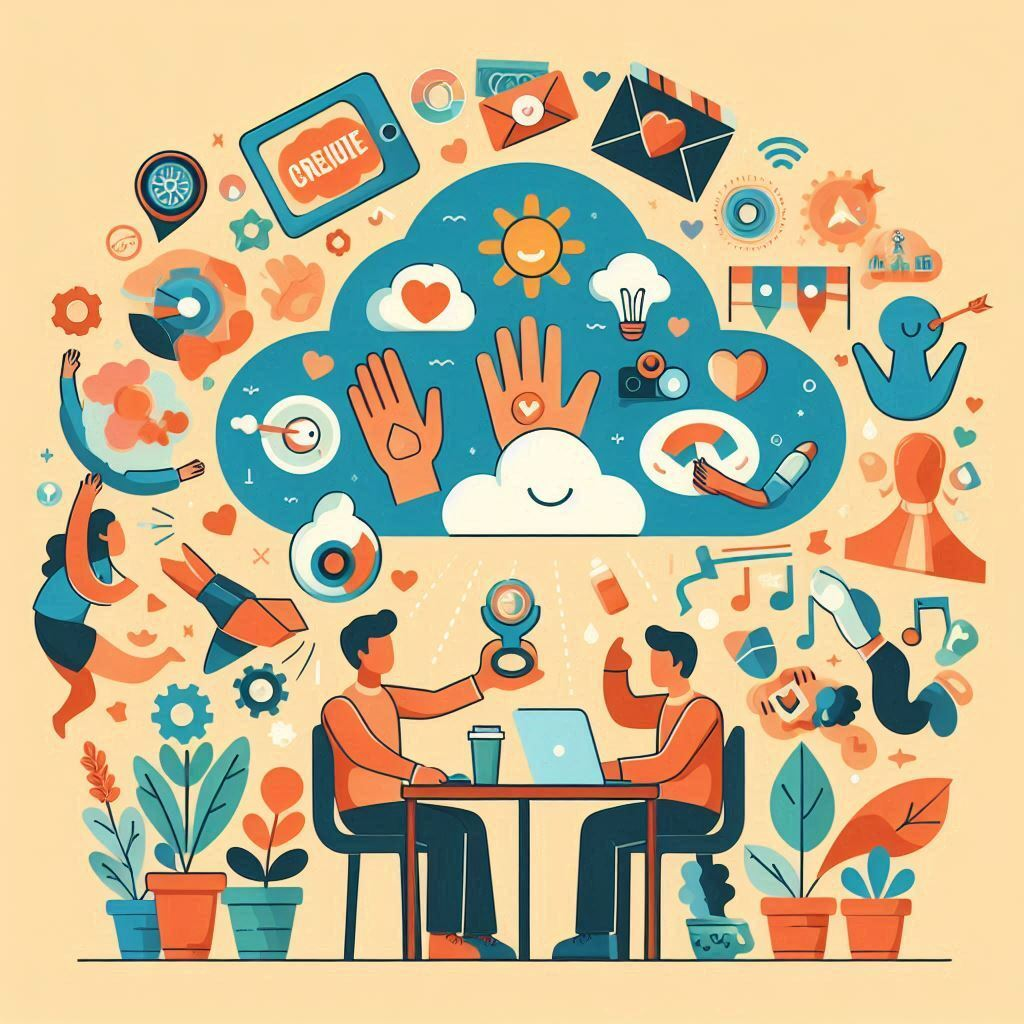
How to Enhance Your Social Skills with Daily Practices: 6 Tips
You know that feeling – you’re invited to a party, a networking event, or even just a casual gathering, and a wave of anxiety washes over you. You’re not alone. Many people struggle with social situations, feeling awkward, shy, or unsure of how to connect with others. But the good news is that social skills are like any other skill – they can be learned and improved with practice.
Here are 6 daily practices you can incorporate into your routine to enhance your social skills and become more confident in any social setting:
1. Engage in Small Talk: The Building Block of Connection
Small talk might seem trivial, but it’s the foundation of building rapport and making connections. Think of it as a warm-up for deeper conversations. Start with simple, open-ended questions:
- “How was your day?”
- “What have you been up to lately?”
- “What’s new with you?”
Listen attentively to their response and show genuine interest. Don’t be afraid to share a bit about yourself too. Remember, small talk is about creating a shared experience, not just exchanging information.
2. Practice Active Listening: The Art of Being Present
Active listening is more than just hearing someone’s words; it’s about truly understanding their perspective. Here’s how to do it:
- Maintain eye contact: This shows you’re engaged and paying attention.
- Nod and use verbal cues: “Yes,” “I see,” or “That’s interesting” shows you’re following along.
- Ask clarifying questions: “Can you tell me more about that?” or “What do you mean by…?” demonstrates your interest.
- Avoid interrupting: Let the other person finish their thoughts before sharing your own.
- Reflect back what you’ve heard: “So, you’re saying…” helps ensure you’ve understood correctly.
Active listening makes people feel heard and valued, which is essential for building trust and connection.
3. Expand Your Comfort Zone: Stepping Outside Your Shell
We all have our comfort zones, but staying within them can hinder our social growth. Challenge yourself to engage in situations that might make you feel a little uncomfortable:
- Strike up a conversation with a stranger: Ask about their day, their interests, or something you notice about them.
- Attend a social event alone: This forces you to interact with new people and build your confidence.
- Join a club or group: Find something you enjoy and connect with like-minded individuals.
- Volunteer your time: Helping others is a great way to meet new people and develop empathy.
Each time you step outside your comfort zone, you gain experience and build confidence.
4. Practice Self-Awareness: Understanding Your Social Style
Knowing your strengths and weaknesses can help you navigate social situations more effectively. Ask yourself:
- What are my social strengths? Are you a good listener? Do you have a sense of humor? Are you a good storyteller?
- What are my social weaknesses? Do you struggle with small talk? Do you get nervous in large groups? Do you have trouble expressing your opinions?
Once you understand your social style, you can focus on developing your strengths and working on your weaknesses.
5. Master the Art of Nonverbal Communication: Beyond Words
Nonverbal communication speaks volumes. Here’s how to make your nonverbal cues work in your favor:
- Maintain good posture: Stand tall and make eye contact to project confidence.
- Use appropriate facial expressions: Smile genuinely and show interest through your expressions.
- Pay attention to your tone of voice: Speak clearly and at a moderate pace.
- Use appropriate gestures: Avoid fidgeting or crossing your arms, which can appear closed off.
- Respect personal space: Be mindful of how close you stand to others.
Nonverbal communication can make or break a social interaction, so pay attention to the subtle cues you’re sending.
6. Embrace Imperfection: It’s Okay to Make Mistakes
Don’t let the fear of making mistakes hold you back. Everyone makes mistakes, and it’s how we learn and grow. If you say something awkward or fumble a social cue, don’t dwell on it. Simply acknowledge it, laugh it off, and move on.
Remember, social skills are a journey, not a destination. Be patient with yourself, celebrate your progress, and keep practicing. You’ll be amazed at how much you can improve with consistent effort.



